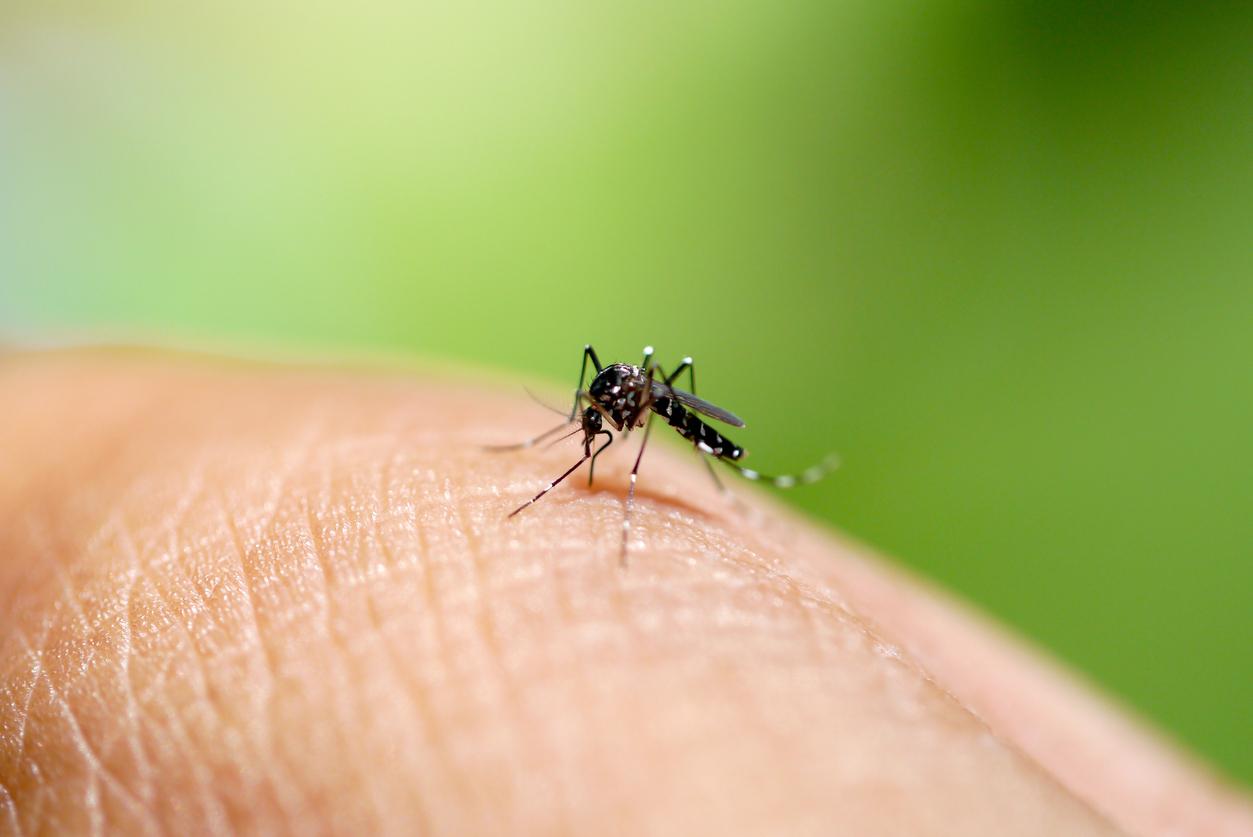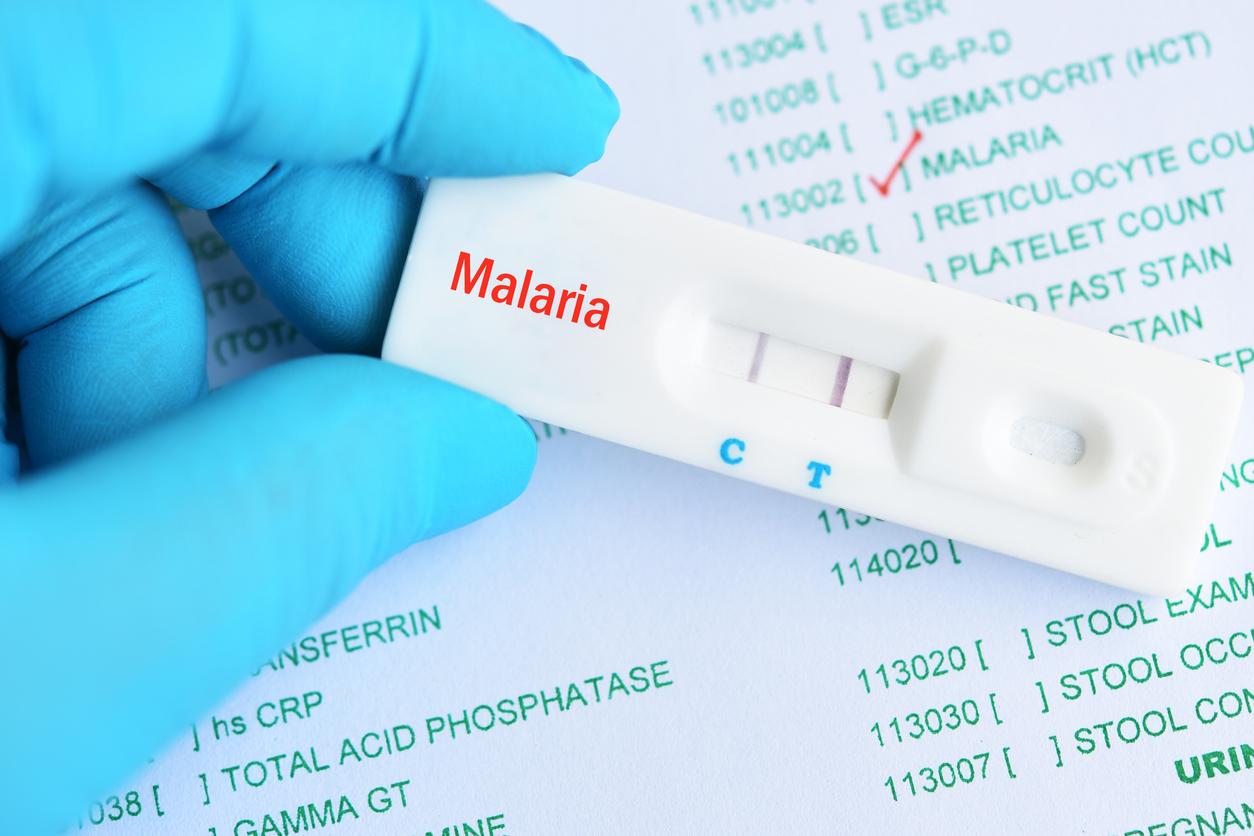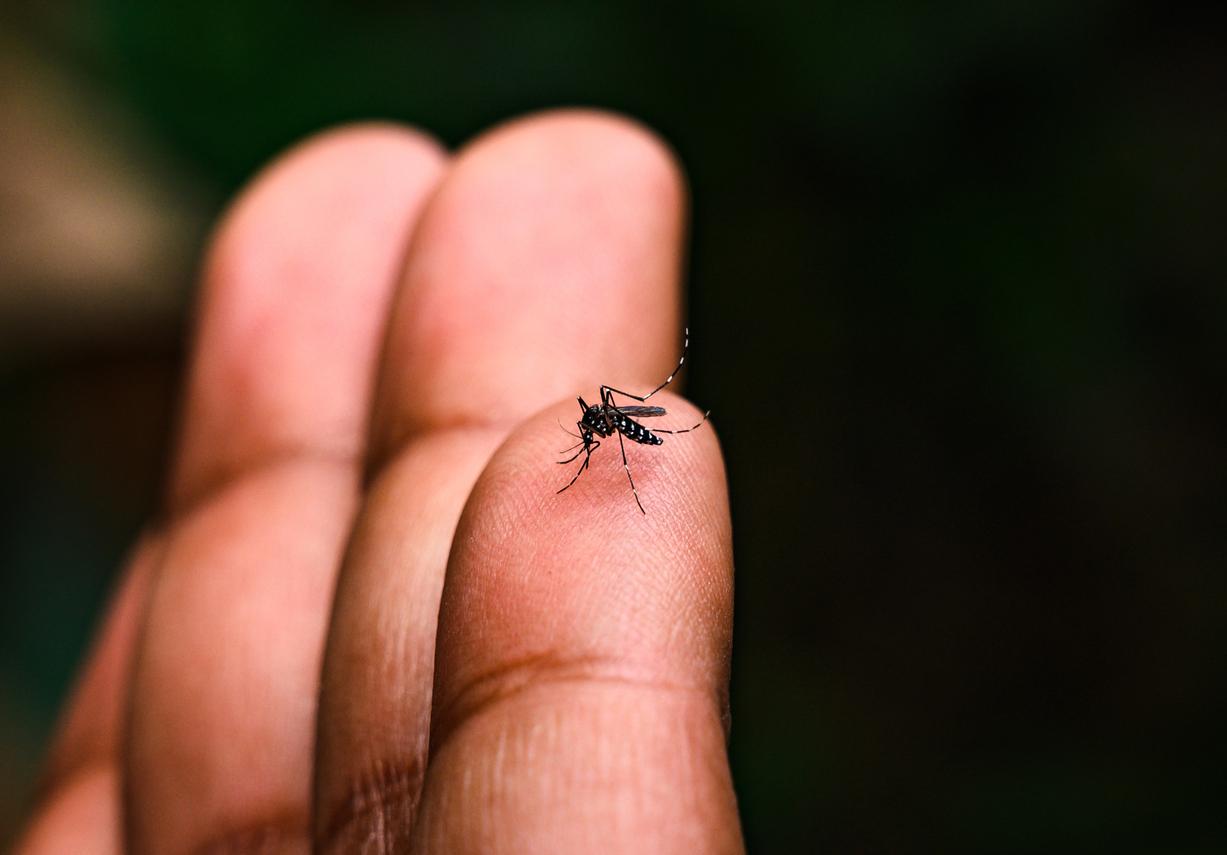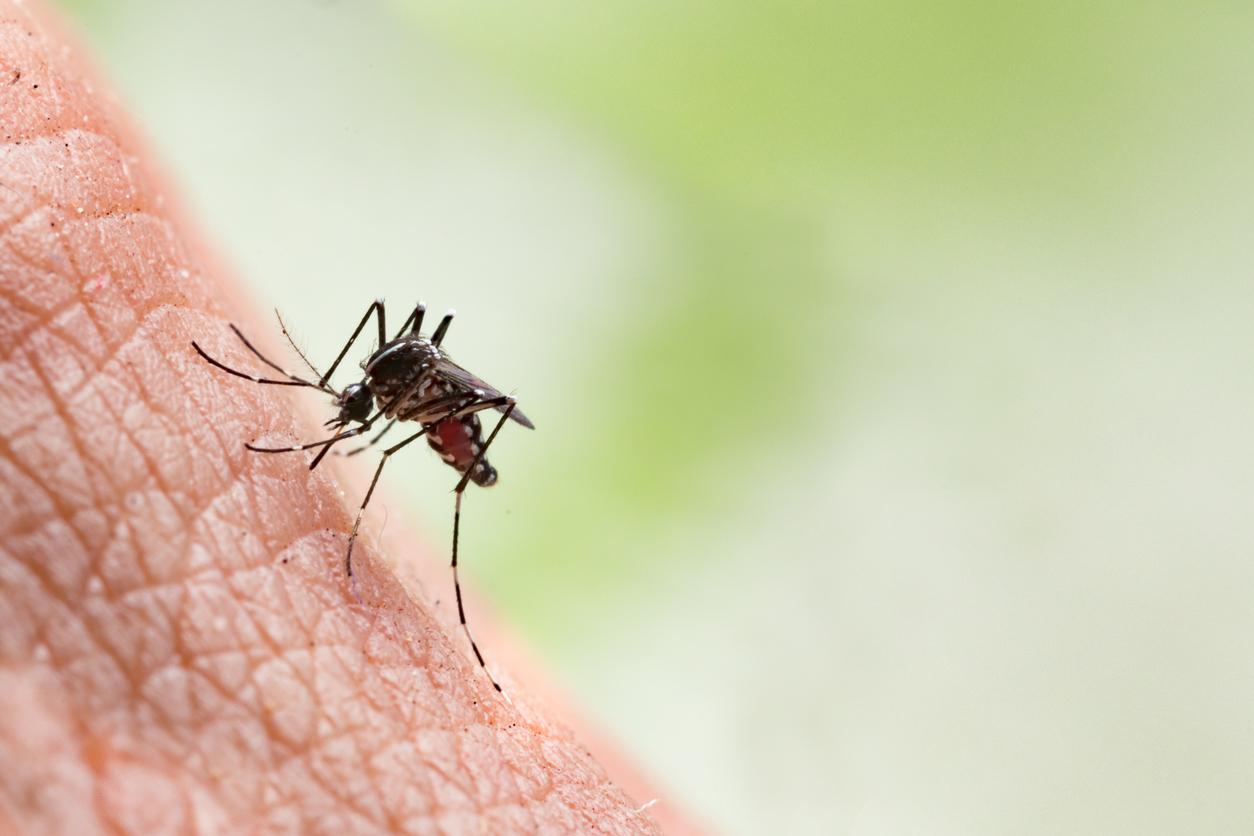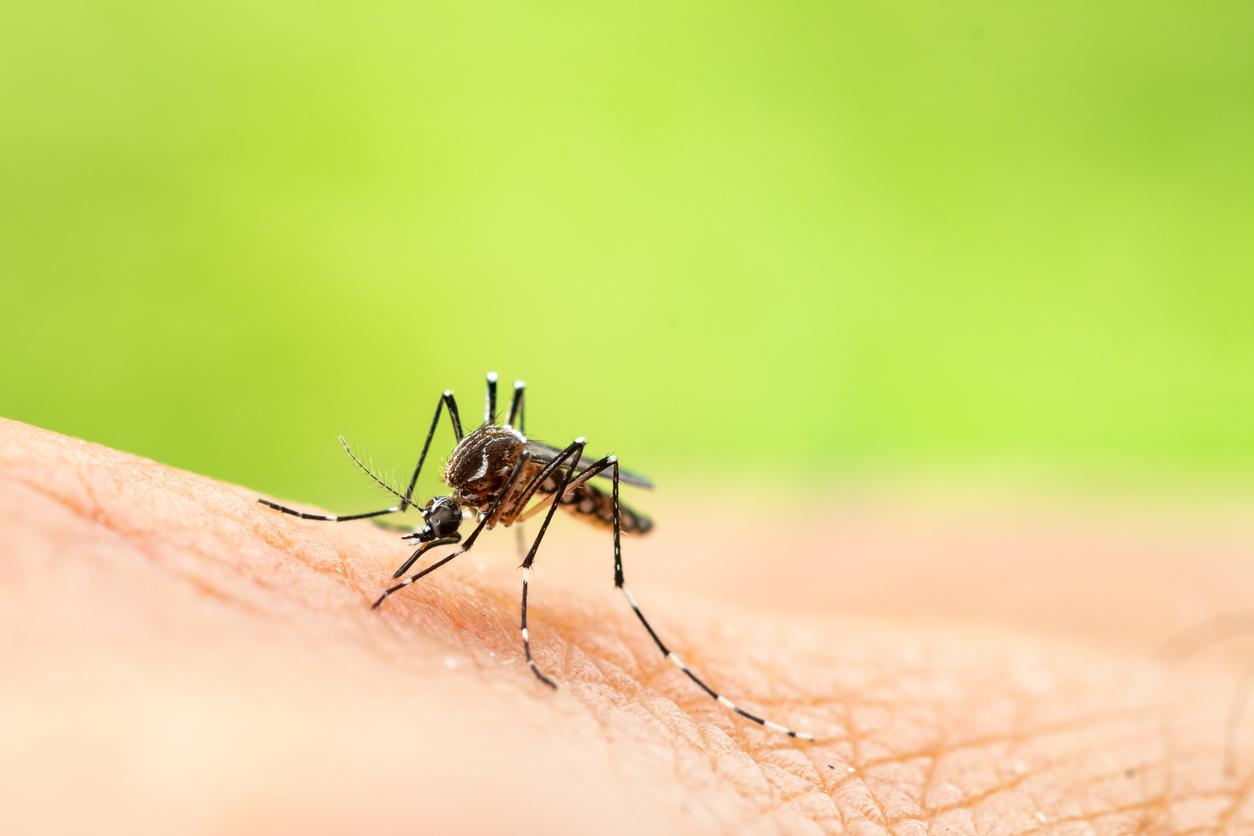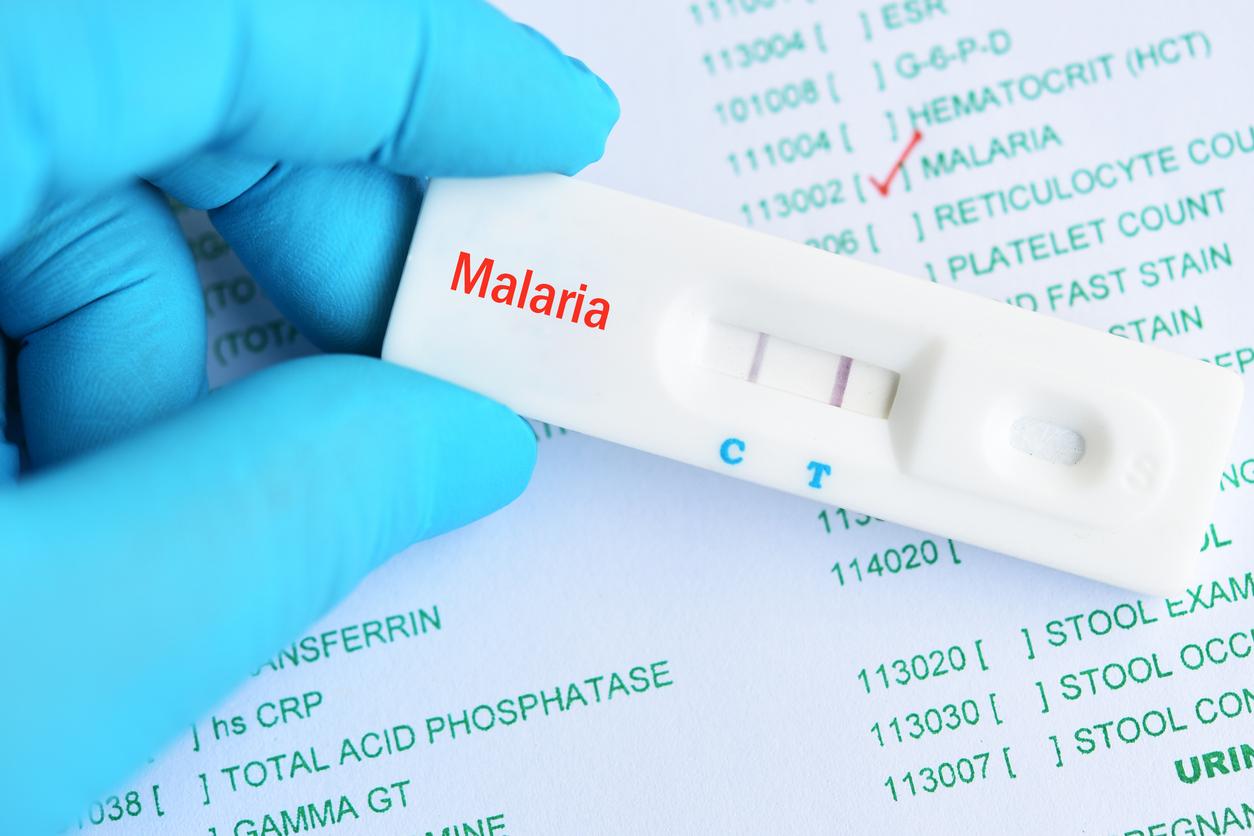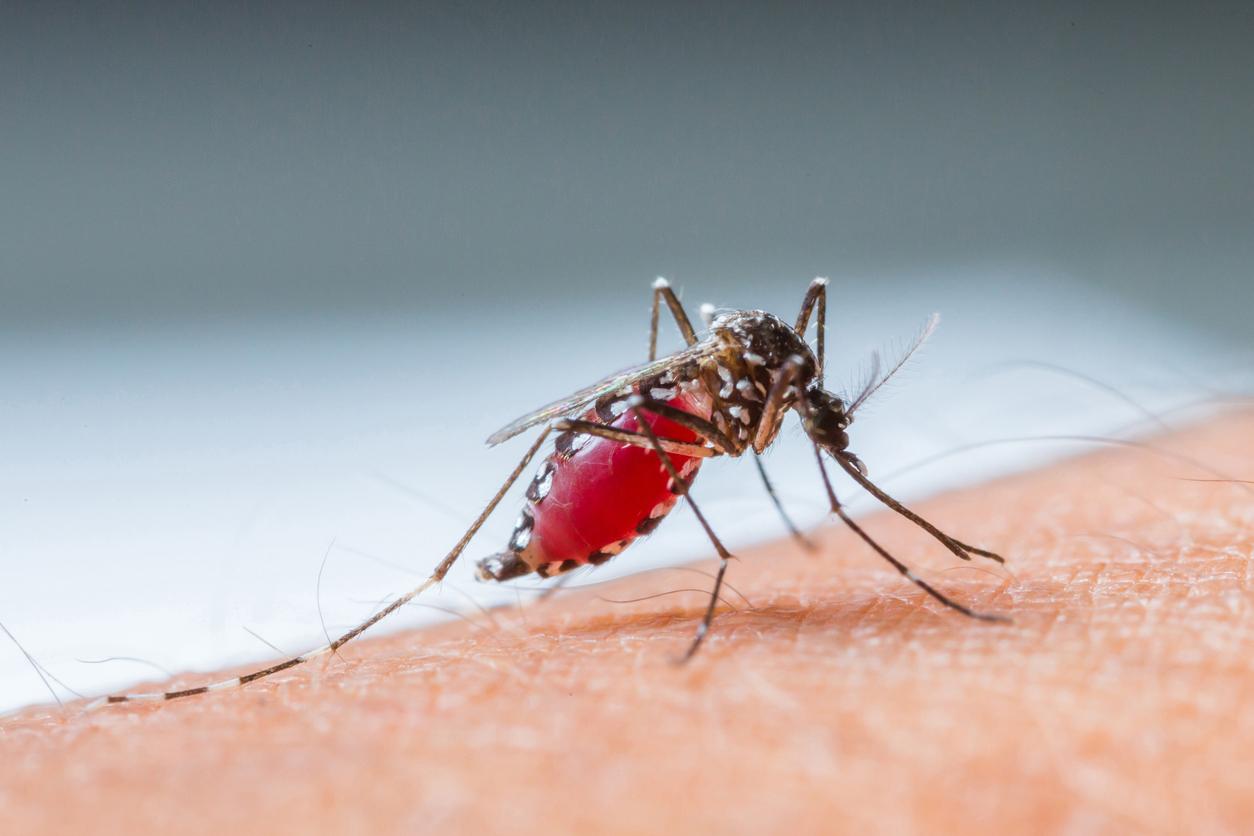American researchers have added a gene to the DNA of insects carrying the disease. They then become resistant to malaria.
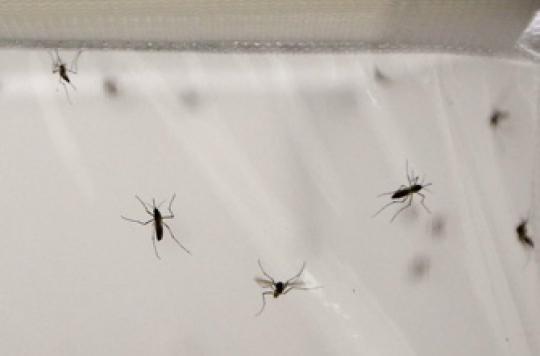
What if the solution against malaria came from the mosquitoes themselves? American researchers from the University of California have succeeded in creating genetically modified species of mosquitoes Anopheles stephensi present in India. These transmit the parasite Plasmodium falciparum, the origin of the disease, to humans.
The works, published in the journal PNAS, show that by adding a gene to the DNA of insects, using a method of modifying the genome known as Crispr, they become resistant to malaria. The gene in question is responsible for creating antibodies that fight the parasite.
the Plasmodium falciparum can no longer settle in these host mosquitoes, and the latter therefore no longer transmit the disease to humans. The researchers also showed that this character is then transmitted to 100% of their descendants. Next step: attempt genetic modification in other Anopheles species.
Continue progress
Ultimately, the idea is to introduce all these genetically modified mosquitoes into countries where the disease is particularly violent, so that they reproduce and replace the infected mosquitoes.
Significant progress has already been made to stem the epidemic since the early 2000s. Mortality has fallen by 60% in fifteen years. However, nearly 500,000 deaths still occur each year.
The discovery made by these researchers is additional good news, and an effective way to help these still vulnerable people. Admittedly, it is not a question of completely revolutionizing the fight against malaria, but rather of providing a complementary tool to all that already exists, from antimalarial treatments to mosquito nets impregnated with insecticide.
a
.







